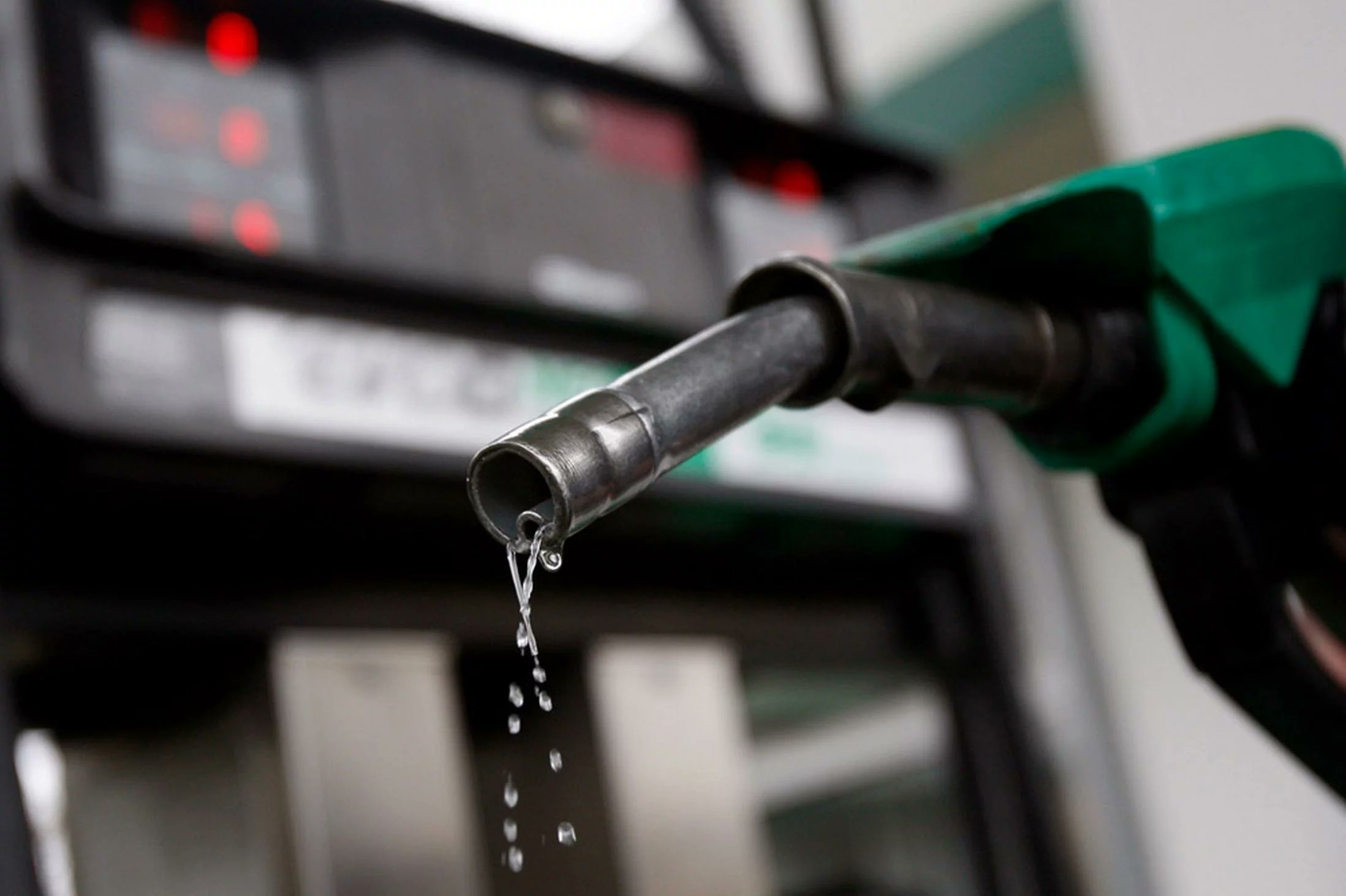In a vibrant celebration of faith and cultural unity, the Federal Government of Nigeria has officially declared Friday, June 6, and Monday, June 9, 2025, as public holidays to commemorate Eid-ul-Adha, one of the most significant festivals in the Islamic calendar. This announcement, made by the Minister of Interior, Dr. Olubunmi Tunji-Ojo, underscores the government’s commitment to honoring the religious and cultural diversity that defines Nigeria, fostering a sense of unity and shared celebration among its citizens.
Eid-ul-Adha, also known as the Feast of Sacrifice, holds profound spiritual significance for Muslims worldwide. Observed on the 10th day of Dhu al-Hijjah, the final month of the Islamic lunar calendar, the festival commemorates the unwavering faith and obedience of Prophet Ibrahim (Abraham), who was willing to sacrifice his son in submission to God’s command. According to Islamic tradition, God provided a ram to sacrifice instead, symbolizing mercy, devotion, and trust in divine will. This story, revered in both Islamic and Judeo-Christian traditions, forms the cornerstone of the holiday, which is marked by prayers, charity, and the ritual sacrifice of livestock, with the meat shared among family, friends, and the less fortunate.
The declaration of June 6 and 9 as holidays aligns Nigeria with several other nations that have also set aside June 6, 2025, to honor Eid-ul-Adha. Countries such as Ghana, Kenya, and the Philippines have confirmed the same date as a public holiday, reflecting the global resonance of this sacred occasion. In Pakistan, posts circulating on social media platforms like X suggest that the government may extend the holiday from June 6 to June 9, 2025, though official confirmation is still awaited. This extended period allows Muslims to fully engage in the religious and communal activities that define Eid-ul-Adha, including attending special prayers at mosques, hosting family gatherings, and distributing food to those in need.
In Nigeria, the announcement of these holidays is more than a logistical decision; it is a recognition of the country’s rich tapestry of cultures and religions. With over 200 million people, Nigeria is home to one of the largest Muslim populations in Africa, and Eid-ul-Adha is a time when communities come together in a spirit of generosity and reflection. The two-day holiday provides ample opportunity for Nigerians to participate in the festivities, which often begin with the Eid prayer at dawn, followed by the ritual slaughter of an animal—typically a sheep, goat, cow, or camel—performed in accordance with Islamic guidelines. The meat is divided into three portions: one for the family, one for friends and relatives, and one for the poor, embodying the values of charity and community that are central to the festival.
Dr. Tunji-Ojo, in his statement, emphasized the importance of unity and compassion during this period, urging Nigerians to use the holidays to strengthen bonds of kinship and support the less privileged. “Eid-ul-Adha is a time to reflect on sacrifice, obedience, and the importance of sharing with others,” he said. “Let us use this occasion to pray for peace, prosperity, and progress for our nation.” His words resonate deeply in a country where communal harmony is vital to national development, and the holidays offer a moment for Nigerians of all backgrounds to celebrate shared values.
The timing of Eid-ul-Adha is determined by the sighting of the moon, a practice rooted in Islamic tradition that adds an element of anticipation to the festival. In 2025, the 10th of Dhu al-Hijjah is expected to fall on June 6, with the preceding days marking the culmination of the Hajj pilgrimage to Mecca, one of the five pillars of Islam. For Nigerian Muslims who undertake this sacred journey, Eid-ul-Adha is a time of spiritual renewal, while for those at home, it is an opportunity to connect with the global Muslim community, or Ummah, through shared rituals and prayers.
The holidays also provide a boost to local economies, as markets bustle with activity in the days leading up to Eid-ul-Adha. Livestock markets see a surge in demand for animals, while vendors sell traditional clothing, spices, and other goods essential for the festivities. Tailors and designers across Nigeria are busy crafting vibrant kaftans, agbadas, and hijabs, as families prepare to dress in their finest attire for the occasion. Food plays a central role, with households preparing elaborate meals featuring dishes like pepper soup, jollof rice, and grilled meats, alongside the sacrificial meat that is a hallmark of the festival.
Beyond Nigeria, the global celebration of Eid-ul-Adha highlights the universal themes of sacrifice and charity. In Ghana, the government’s declaration of June 6 as a public holiday ensures that Muslims can fully participate in the festivities, while in Kenya, the holiday is an opportunity for interfaith dialogue and community engagement. In the Philippines, where Muslims form a significant minority, the holiday fosters a sense of inclusion and cultural pride. These shared observances underscore the global unity of the Muslim community, even as local traditions add unique flavors to the celebrations.
As Nigerians prepare for Eid-ul-Adha 2025, the two-day holiday offers a chance to pause, reflect, and celebrate. Whether through attending prayers, sharing meals, or extending a hand to those in need, the festival embodies values that resonate across cultures and religions. The Federal Government’s declaration of June 6 and 9 as public holidays ensures that all Nigerians can join in this meaningful celebration, strengthening the bonds of community and faith that make the nation vibrant and resilient.
For those planning to participate in the festivities, the holidays provide ample time to engage in the full spectrum of Eid-ul-Adha traditions, from the spiritual to the social. As the nation gears up for this joyous occasion, the message of Eid-ul-Adha—sacrifice, compassion, and unity—remains as relevant as ever, inspiring Nigerians to come together in a spirit of hope and togetherness.
Join our Whatsapp channel to stay updated always!


